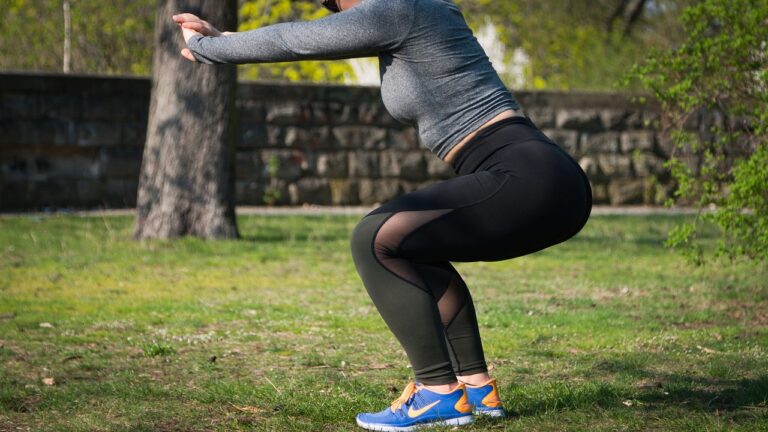Holistic Approaches to Women’s Health: Mind, Body, and Spirit
Mental health and physical well-being are deeply intertwined aspects of human health. The state of one often impacts the other, highlighting the importance of maintaining a balance between the two. An individual’s mental health can influence their physical health and vice versa, creating a complex relationship that requires attention and care.
Studies have shown that psychological well-being can have a significant impact on physical health outcomes. Conditions such as chronic stress, anxiety, and depression have been linked to an increased risk of developing various physical health issues. Conversely, physical ailments can also take a toll on mental health, leading to feelings of frustration, helplessness, and low mood. Recognizing and addressing this interconnectedness is crucial in promoting overall health and wellness.
Understanding the Impact of Stress on Women’s Health
Stress can have a significant impact on women’s overall health and well-being. It is well-documented that women tend to experience higher levels of stress compared to men, often stemming from a variety of factors such as work, family responsibilities, societal expectations, and hormonal changes. This chronic stress can lead to a range of physical and mental health issues, including high blood pressure, heart disease, anxiety, depression, and compromised immune function.
Moreover, the body’s response to stress, characterized by the release of hormones like cortisol and adrenaline, can also play a role in exacerbating existing health conditions in women. For example, women with conditions such as polycystic ovary syndrome, autoimmune disorders, and chronic pain may experience worsened symptoms when under prolonged stress. Understanding how stress impacts women’s health is crucial for developing effective strategies to mitigate its effects and promote overall well-being.
How does stress affect women’s mental health?
Stress can lead to anxiety, depression, and other mental health issues in women. It can also exacerbate existing conditions.
What physical health problems can be caused by stress in women?
Chronic stress can contribute to heart disease, high blood pressure, diabetes, and other serious health conditions in women.
Can stress impact a woman’s reproductive health?
Yes, stress can disrupt menstrual cycles, decrease fertility, and even lead to complications during pregnancy.
How can women manage stress to improve their overall health?
Women can manage stress through various techniques such as exercise, mindfulness practices, therapy, and maintaining a healthy work-life balance.
Is seeking help from a healthcare professional important when dealing with stress?
Yes, it is important for women to seek help from healthcare professionals if they are experiencing chronic stress or mental health issues. They can provide guidance and support in managing stress effectively.







